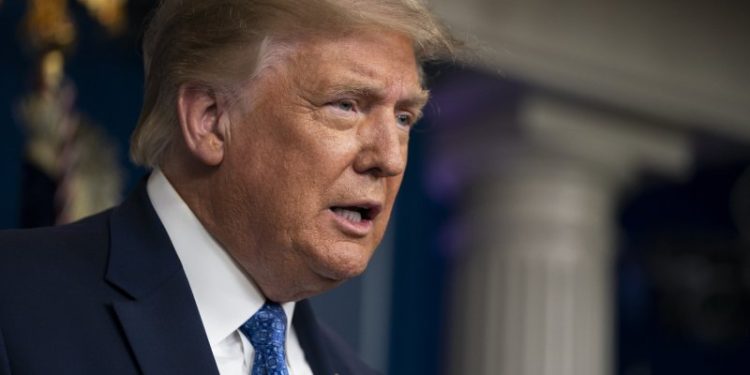The pandemic accord, designed to foster international cooperation during disease outbreaks and prevent future pandemics, had significant support from President Joe Biden and the Democrats, despite challenges in gaining consensus with other WHO member states.
However, a new Trump administration, along with Republicans in Congress, is expected to adopt a more skeptical stance on global public health efforts, particularly given criticisms of the WHO’s handling of COVID-19 in early 2020. “I would expect that there’s no way that the pandemic accords should get to the finish line, be ratified, or agreed to by the United States, which would really kneecap it, honestly,” said Jennifer Kates, a global health policy specialist at the KFF think tank.
The pandemic accord (officially known as the Pandemic Prevention, Preparedness, and Response Accord) aims to address global communication and supply chain issues exposed during COVID-19. Controversial aspects include the financial responsibilities for pandemic preparedness, as well as access to research, vaccines, and treatments—raising intellectual property concerns, especially among developed nations.
The U.S. has been actively involved in the accord’s negotiations since 2021, with the Biden administration described by Kates as “very supportive” and “very engaged.” “Republicans in Congress, not so much,” she added. In September, a House bill passed requiring Senate ratification of any pandemic-related international agreements. The legislation, however, remained pending in the Senate before the 2024 elections.
According to Kates, Republicans have historically been wary of international agreements that could infringe on U.S. sovereignty, and similar concerns have been voiced by other WHO member states. Although the WHO characterized sovereignty concerns as stemming from “the torrent of fake news, and disinformation and misinformation,” the draft text was revised in December 2023 to emphasize that states could maintain their own health policies under international law.
Despite the changes, disagreements over the accord’s language led to a postponement of the final vote until May 2025. Kates speculated that without U.S. participation, the accord’s effectiveness would be severely hampered, drawing comparisons to the failure of the League of Nations in the 1920s.
As the Senate is the sole congressional body responsible for ratifying treaties, Republican control poses a major challenge for the accord’s advocates. Although Trump proposed “concepts of a plan” for Obamacare reform during his campaign, his administration has yet to clarify positions on public health or international health policies.
In his previous term, Trump threatened to pull the U.S. from the WHO, including its $400 million in funding, representing about 15% of the organization’s budget. Trump canceled $62 million in WHO funding and set a withdrawal date, both of which Biden later reversed. Kates suggested that a similar move could be likely under another Trump administration, especially with a Republican majority in Congress.
Reforms to the WHO and the U.S.-WHO relationship have been focal points for Republicans in Congress during Biden’s presidency. Rep. Brad Wenstrup (R-OH), who chaired the Select Subcommittee on the Coronavirus Pandemic, spearheaded efforts to reassess U.S. involvement with the WHO, especially due to concerns over the WHO’s response to China’s COVID-19 policies early in the pandemic. Wenstrup, who is not seeking re-election, emphasized the need for WHO independence from the Chinese Communist Party—a priority that may carry into the next administration.
While the subcommittee itself lacks jurisdiction to introduce legislation, its final report on the origins of COVID-19 and related policies is expected to serve as a foundation for future legislative action on the U.S.-WHO relationship.
KFF’s Larry Levitt noted that details about Trump’s plans for health policy remain unclear. “A lot of what we have to go on is Trump’s record from his previous term as president, as well as proposals from Republicans in Congress and conservative groups,” he said, adding that many experts are left “reading tea leaves” to anticipate the administration’s direction.
 Telegram is where we really talk. Don't miss out!
Telegram is where we really talk. Don't miss out!








